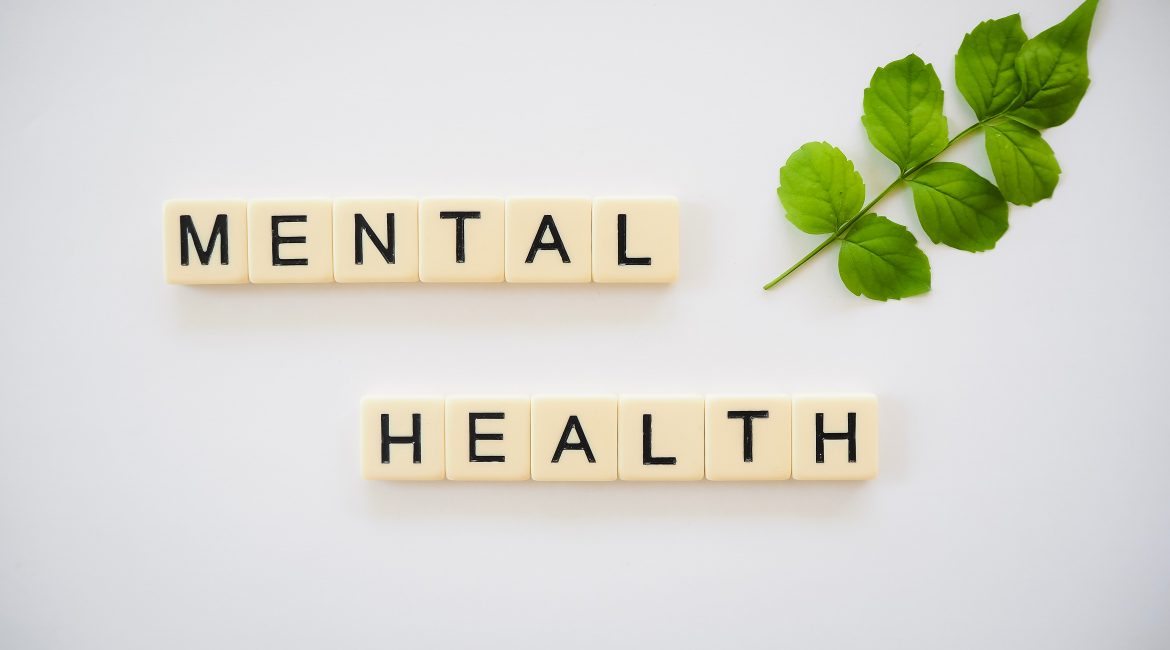The food you eat provides nutrients to help keep your body functioning properly. It also feeds the microbiome in your gut. Both the microbiome and its effect on the body play an important role in mental health. The connection between nutrition and mental health is real. Because of this realization, a new area of study has begun. It’s called nutritional psychiatry. If biochemicals can change behavior, changing dietary intake could also cause changes, either reversing a problem or creating one.
Your gut microbiome affects your emotions.
Your body has millions of microbes that help it function. Some are beneficial and others harm the body. Microbes play vital roles in your health, including mental health. It all depends on the species and the balance of the species that determines whether you’re healthy or ill. Some microbes produce short-chain fatty acids that affect the nervous system. People who have a smaller population of these microbes have a greater risk of anxiety and depression. The production of neurotransmitters can be interrupted and create disorders like overeating, lack of sleep, mood swings, and pain sensitivity. Those things are all affected by serotonin that’s created in the digestive tract.
Healthy food can keep energy levels high without spiking them.
Healthy food not only provides energy but also controls several bodily functions. If you eat simple carbohydrates, it can cause a spike in blood sugar levels, which also drop dramatically. That can leave you with mood swings and feeling angry, anxious, or confused. A diet consistently high in sugar causes inflammation and chronic insulin spiking, leading to mood disorders and depression. Healthy food contains antioxidants that aid in preventing oxidative stress that causes cell damage, including cells in the brain.
The average American/Western diet was compared to others.
When comparing the Western diet to that of the Japanese or the Mediterranean diet, people consuming the Western diet showed more incidence of depression. It caused an increase of up to 35%. It’s the high sugar content and processed food that’s the problem. In traditional diets of other cultures, there was more fermented food, adding probiotics for the gut microbiome, and far less sugar and processed food.
- Five prison studies have looked at the change in violent behavior by adding more omega-3 fatty acids and other nutritional supplements. In each case, there was a 30% reduction in violence in the prison, showing nutrition played a role.
- Studies boosting whole grains, fruits, and vegetables in the diet showed a lower risk of depression. Vitamin D, vitamin B, folic acid, and tryptophan also improve mood.
- Fiber can help improve the balance of beneficial bacteria. One study focused on the effect of bacterial balance, used an antibiotic that targeted a specific bacterium, and found it reduced schizophrenic symptoms.
- Including certain herbs in your diet can reduce symptoms of mental health issues. Cinnamon reduces irritability and reduces ADHD symptoms. Dark chocolate improves serotonin to lift your spirits and cashews and other food containing magnesium lift anxiety.
For more information, contact us today at Targeted Nutrition Technologies

